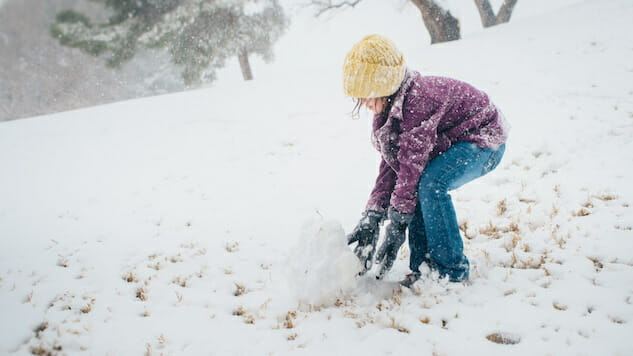
The American Academy of Orthopedic Surgeons (AAOS) has released a statement telling people to be wary of how much time they spend outside in the wintertime, in order to stay safe from frostbite.
Frostbite is a condition caused by exposure to extremely cold temperatures. It injures the body and results in loss of feeling or color in the affected areas. In severe cases, amputation of affected areas is necessary.
What is actually happening during the process of frostbite? Your tissue is physically freezing and ice crystals are forming inside your cells. As you can imagine, this isn’t too healthy.
The nose, ears, cheeks, chin, fingers and toes are the parts of the body that are most often affected. This is because when exposed to extremely cold temperatures, the body circulates blood from the extremities to its center to keep vital organs warm. It sees the vital organs as being more important to maintain their core temperature than the appendages. This reduced circulation is what makes the appendages more susceptible to frostbite.
Warning signs of frostbite include: numbness or loss of feeling, as well as solid, hard or frozen skin that appears white or gray in color. If frostbite is suspected, seek immediate medical attention. Upon waiting for medical care, AAOS recommends moving the person indoors to a warm room, serving the person a warm drink, removing wet clothing and resting the injured areas, among other things, such as those listed here.
So what can you do to avoid getting “bitten?”
Cover up. Keeping your face, fingers and toes bundled so that they remain warm and dry is the best way to prevent frostbite.
Take mental note, parents. If your kids are going outside to play in the snow, make sure they are snuggled up in plenty of layers.
Winter is a great time to exercise and hang out outdoors, so long as you protect your body from the cold. Stay frostbite-free by bundling up when the temperature dips.
Photo: amanda tipton, CC-BY
Elizabeth Chambers is a health intern with Paste and a freelance writer based out of Athens, Georgia.